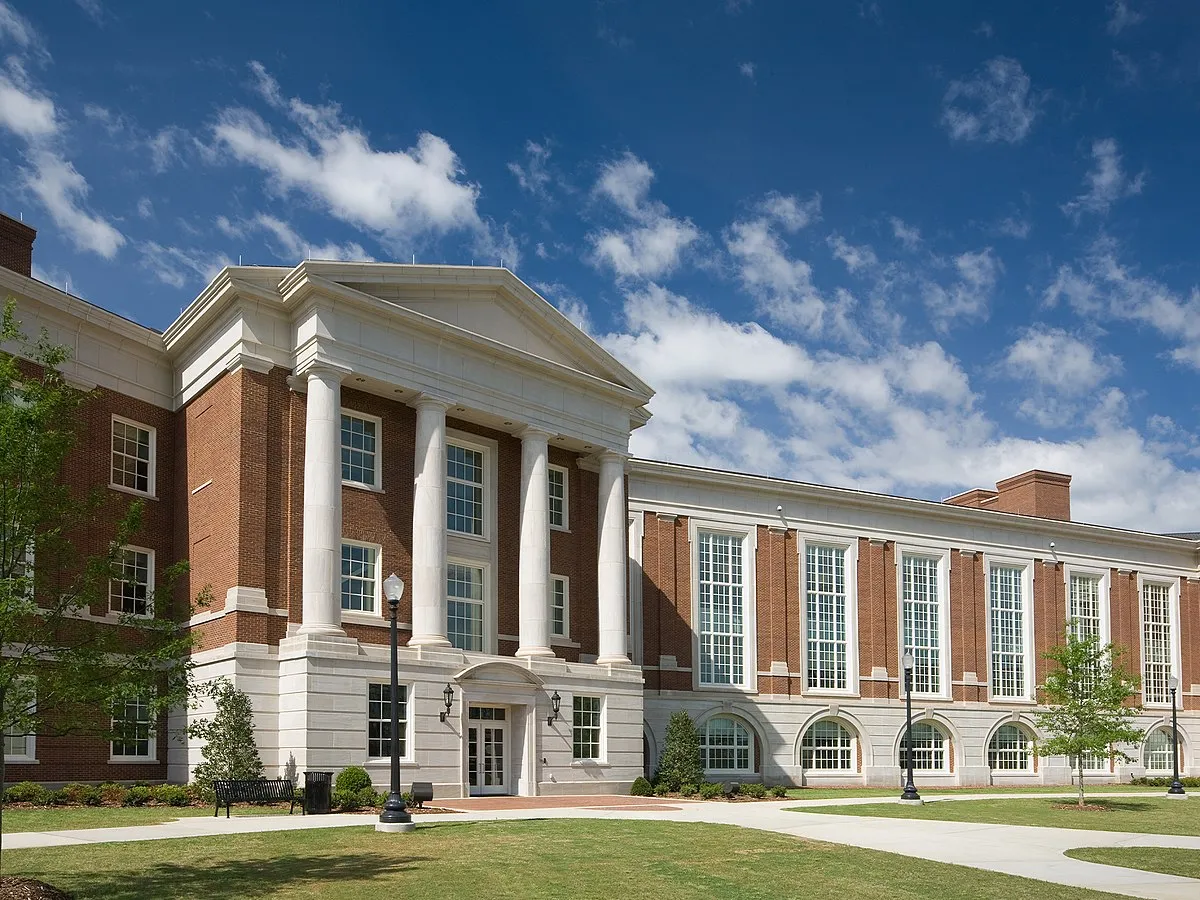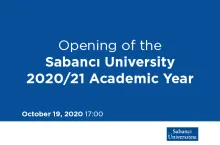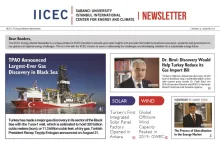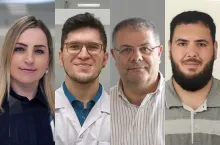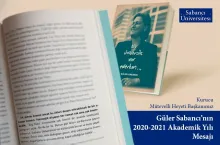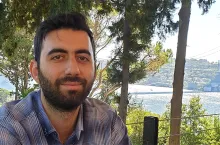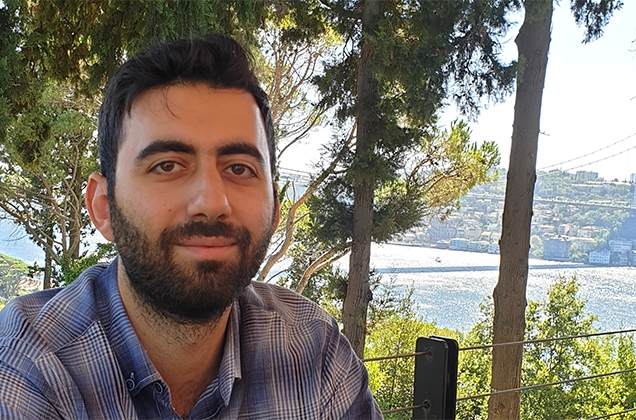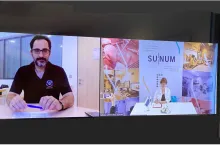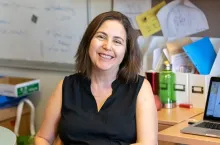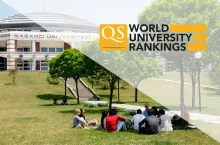Turkey's leading nanotechnology centers SUNUM and ITUnano signed a bilateral cooperation protocol. The protocol signed between Sabancı University Nanotechnology Research and Application Center (SUNUM) and Istanbul Technical University Nanotechnology Application and Research Center (ITUnano) aims to develop advanced technologies that will generate value for the industry through joint infrastructure use and experience sharing between the centers.

Advanced nanotechnology solutions that will emerge from the SUNUM and ITUnano partnership are expected to shape the future of industries from energy to medicine, food and defense.
SUNUM Direktörü Prof. Fazilet Vardar ile ITUnano müdürü Prof. Levent Trabzon’un katılımıyla düzenlenen online törende, iki merkez arasındaki işbirliğinin önemi hakkında Fazilet Vardar şunları söyledi: “Upholding SUNUM's fundamental mission of 'creating universally-accepted solutions in areas congruent with Turkey's economic and technological policies', we aim to create long-term partnerships that will lead to effective inter/multidisciplinary research and development. We believe that the cooperation with ITUnano will create a synergy between the centers that will transform knowledge generated by research into value-added products and services which benefit the society. We hope that the cooperation will advance Turkey's industry and technology.” Levent Trabzon had the following to say about the partnership: “ITUnano’s core approach of ‘quality R&D through teamwork’ is the principle behind the scientific and technological partnership with SUNUM, one of Turkey's leading centers, for synergy in academic pursuits as well as the development of value-added products for the industry. We expect the bilateral partnership to contribute to the creation of a qualified workforce that Turkey and its industry need, and the development of highly valuable products.”
About SUNUM
Established under Sabancı University in 2010 with a budget of 35 million USD committed by the State Planning Organization and Sabancı Foundation, SUNUM was accredited as a "National Research Infrastructure" by the Ministry of Development's Research Infrastructure Council for a term of five years in 2017. As a National Research Infrastructure, SUNUM has open laboratories that are available 24/7 for serving the institution as well as external partners in the core capabilities of: research, service, cooperation, value creation, and education. Its main areas of research are: nanomaterials, life sciences, food-agriculture-water, energy, and defense industry.
The SUNUM facility houses 25 laboratories in six classifications and a total area of 1.500 square meters, which are equipped with high-precision, state-of-the-art equipment for nanotechnology.
About ITUnano
Established with the support of the State Planning Organization, the Istanbul Technical University Nanotechnology Application and Research Center – ITUnano has a 1000-m2 cleanroom (including lab and support units). The ultra-cleanroom environment complies with ISO 14644-1 requirements and is equipped with the technology to perform nanotechnology research. The facility is composed of a 50 m2 ISO 5 (class 100) cleanroom, a 167 m2 ISO 6 (class 1000) cleanroom, a 3 m2 ISO 7 (class 10000) cleanroom, a 10 m2 ISO 8 (class 100000) cleanroom, and 770 m2 of infrastructure (machinery room). ITUnano works on 4 core themes that target the engineering applications of nanotechnology. Research and development efforts that are innovative on a global level focus on Composite Material Technologies, Sensor Technologies, Surface Science and Engineering, and Photonic-Magnetic Materials.

